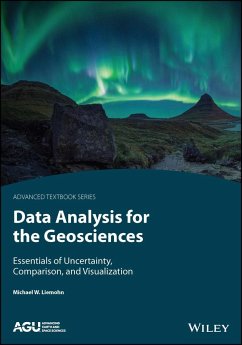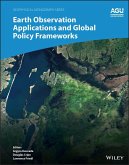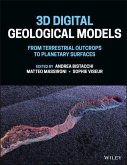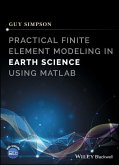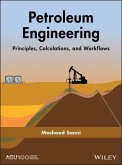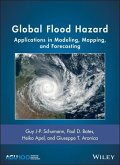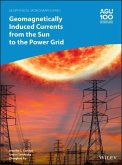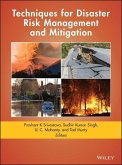An initial course in scientific data analysis and hypothesis testing designed for students in all science, technology, engineering, and mathematics disciplines
Data Analysis for the Geosciences: Essentials of Uncertainty, Comparison, and Visualization is a textbook for upper-level undergraduate STEM students, designed to be their statistics course in a degree program.
This volume provides a comprehensive introduction to data analysis, visualization, and data-model comparisons and metrics, within the framework of the uncertainty around the values. It offers a learning experience based on real data from the Earth, ocean, atmospheric, space, and planetary sciences.
About this volume:
_ Serves as an initial course in scientific data analysis and hypothesis testing
_ Focuses on the methods of data processing
_ Introduces a wide range of analysis techniques
_ Describes the many ways to compare data with models
_ Centers on applications rather thanderivations
_ Explains how to select appropriate statistics for meaningful decisions
_ Explores the importance of the concept of uncertainty
_ Uses examples from real geoscience observations
_ Homework problems at the end of chapters
The American Geophysical Union promotes discovery in Earth and space science for the benefit of humanity. Its publications disseminate scientific knowledge and provide resources for researchers, students, and professionals.
Data Analysis for the Geosciences: Essentials of Uncertainty, Comparison, and Visualization is a textbook for upper-level undergraduate STEM students, designed to be their statistics course in a degree program.
This volume provides a comprehensive introduction to data analysis, visualization, and data-model comparisons and metrics, within the framework of the uncertainty around the values. It offers a learning experience based on real data from the Earth, ocean, atmospheric, space, and planetary sciences.
About this volume:
_ Serves as an initial course in scientific data analysis and hypothesis testing
_ Focuses on the methods of data processing
_ Introduces a wide range of analysis techniques
_ Describes the many ways to compare data with models
_ Centers on applications rather thanderivations
_ Explains how to select appropriate statistics for meaningful decisions
_ Explores the importance of the concept of uncertainty
_ Uses examples from real geoscience observations
_ Homework problems at the end of chapters
The American Geophysical Union promotes discovery in Earth and space science for the benefit of humanity. Its publications disseminate scientific knowledge and provide resources for researchers, students, and professionals.

